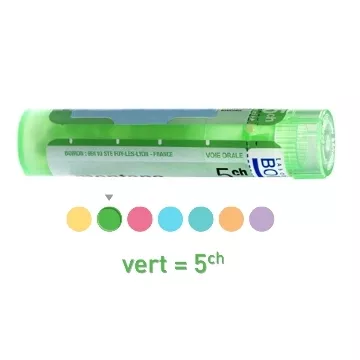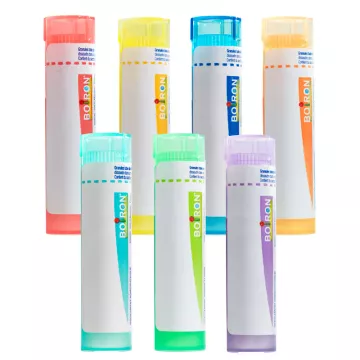What are skin cracks and what are their main causes?
Skin cracks, often referred to as skin fissures, are superficial breaks or cuts in the skin that can become deep and painful. Cracks are usually the result of extremely dry skin. Among the main causes are :
- Climate: Extreme weather conditions, such as dry air in winter or excessive heat in summer, can dehydrate the skin.
- Lifestyle: Insufficient hydration, a diet low in essential nutrients or excessive use of harsh soaps can aggravate dry skin.
- Medical conditions: Conditions such as eczema, psoriasis or diabetes can predispose individuals to skin cracks.
- Age: With age, skin loses its elasticity and ability to retain moisture, increasing the risk of cracking.
What treatments are recommended for skin cracks?
To effectively treat skin cracks, it's crucial to adopt an appropriate skincare routine. Here are a few recommendations:
- Hydration: Use creams or lotions rich in moisturizing agents such as glycerine, urea or hyaluronic acid.
- Protection: Regularly apply protective barriers such as balms or waxes to minimize exposure to irritants.
- Specific care: For more severe cases, dermatologists may prescribe corticosteroid-based creams or recommend laser treatments to improve skin texture.
- Supplementation: Incorporating food supplements rich in vitamins A, C and E, as well as omega-3, can help nourish the skin from within.
How can I prevent the appearance of skin cracks?
Preventing skin cracks involves several proactive measures:
- Daily moisturizing: Apply moisturizers daily after bathing or showering to maintain skin elasticity and hydration.
- Protection from the elements: In winter, wearing gloves and using an indoor humidifier can help keep skin hydrated.
- Choosing the right products: Use gentle cleansers and avoid products containing alcohols or irritating fragrances.
- Medical consultation: In the event of persistent symptoms or underlying conditions, it is advisable to consult a dermatologist.
What are the risks associated with untreated skin cracks?
Untreated cracks can worsen, become infected and lead to more serious complications such as bacterial or fungal infections. They can also cause significant pain and discomfort, and affect people's quality of life.
What are the signs that skin cracks require medical attention?
It's essential to recognize the signs that require medical attention for skin cracks. These signs include:
- Persistent redness: Redness around cracks that doesn't go away with routine care may indicate infection.
- Increased pain and sensitivity: If cracks become painful to the touch or if pain intensifies, medical treatment may be required.
- Exudation: The presence of pus or clear fluid may indicate an infection.
- Thickening of the skin: Areas that become thicker around the crack may indicate dermatitis or other skin conditions.
Are there any natural remedies for cracked skin?
While natural remedies are no substitute for professional advice, some can help relieve dryness and promote healing:
- Coconut oil: Known for its moisturizing and antimicrobial properties, it can be applied to affected areas to moisturize and protect.
- Aloe vera: Aloe vera gel is renowned for its healing and soothing properties, especially on irritated or cracked skin.
- Honey: Applying honey to cracks can help moisturize the skin and reduce the risk of infection, thanks to its antibacterial properties.
What role does diet play in the prevention and treatment of cracked skin?
A balanced diet is fundamental to maintaining healthy skin. To prevent skin cracks, include the following in your diet:
- Essential fatty acids: Omega-3 and omega-6, found in oily fish, nuts and seeds, help maintain skin hydration.
- Vitamins: Vitamin C (citrus fruits, peppers), vitamin E (almonds, avocados) and vitamin A (carrots, spinach) support skin repair.
- Water: Drinking enough water is crucial for moisturizing the skin from within.
How do climatic conditions affect skin cracks, and how can we protect ourselves from them?
Climatic conditions can greatly influence skin health. Here's how to protect yourself:
- Winter: Protect your skin from the cold and wind by wearing suitable clothing and using protective creams.
- Summer: Use sunscreen to protect your skin from UV rays, which can dry out and damage the skin, promoting cracking.
Can essential oils be used to treat skin cracks? What precautions should I take?
Essential oils, such as lavender or chamomile oil, can be beneficial for cracked skin thanks to their soothing properties. However, they should always be used diluted in a carrier oil (such as sweet almond oil) to avoid skin irritation. It is also advisable to carry out a skin test before general application to detect any allergic reactions.

